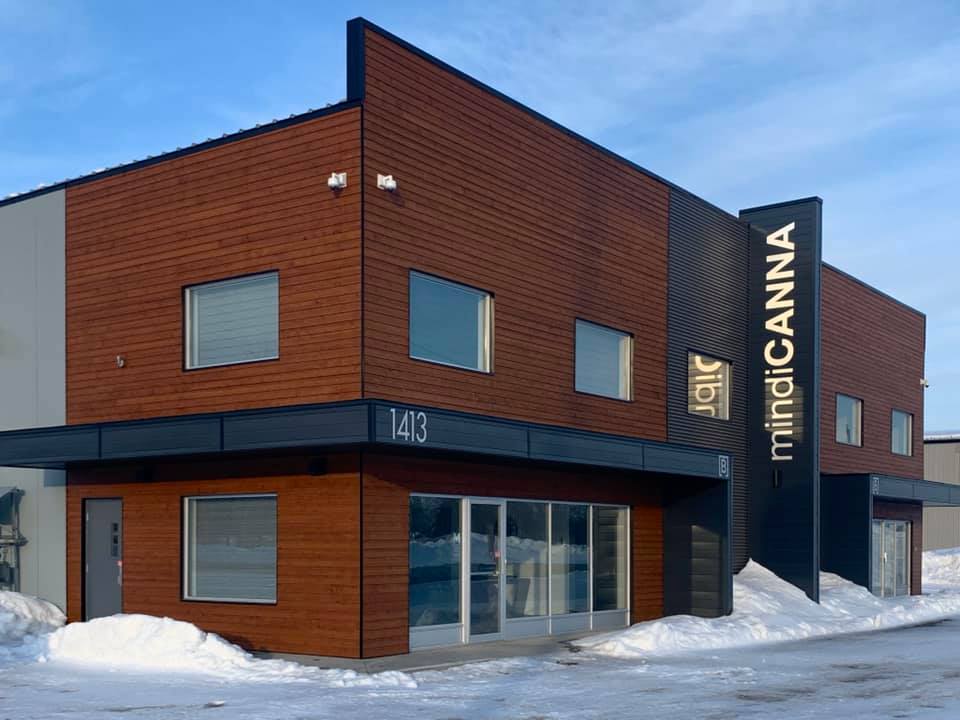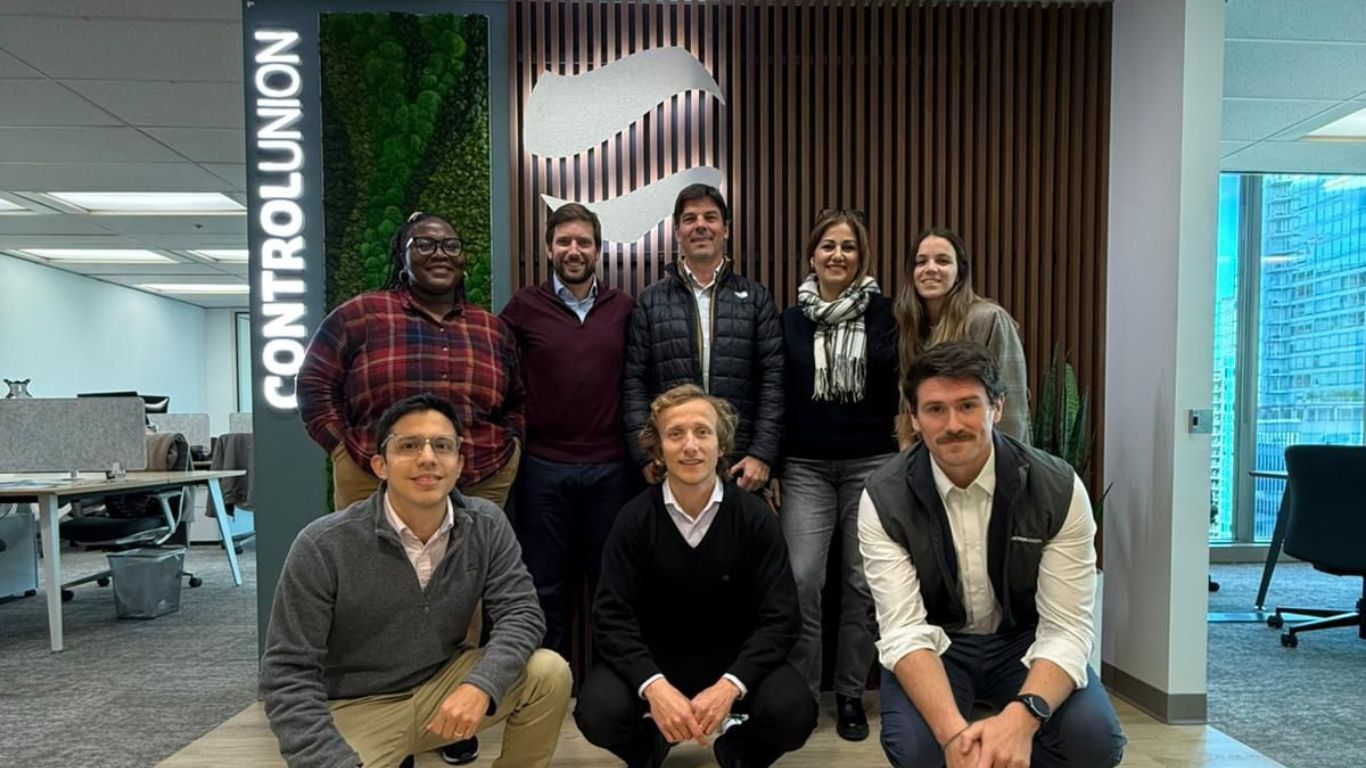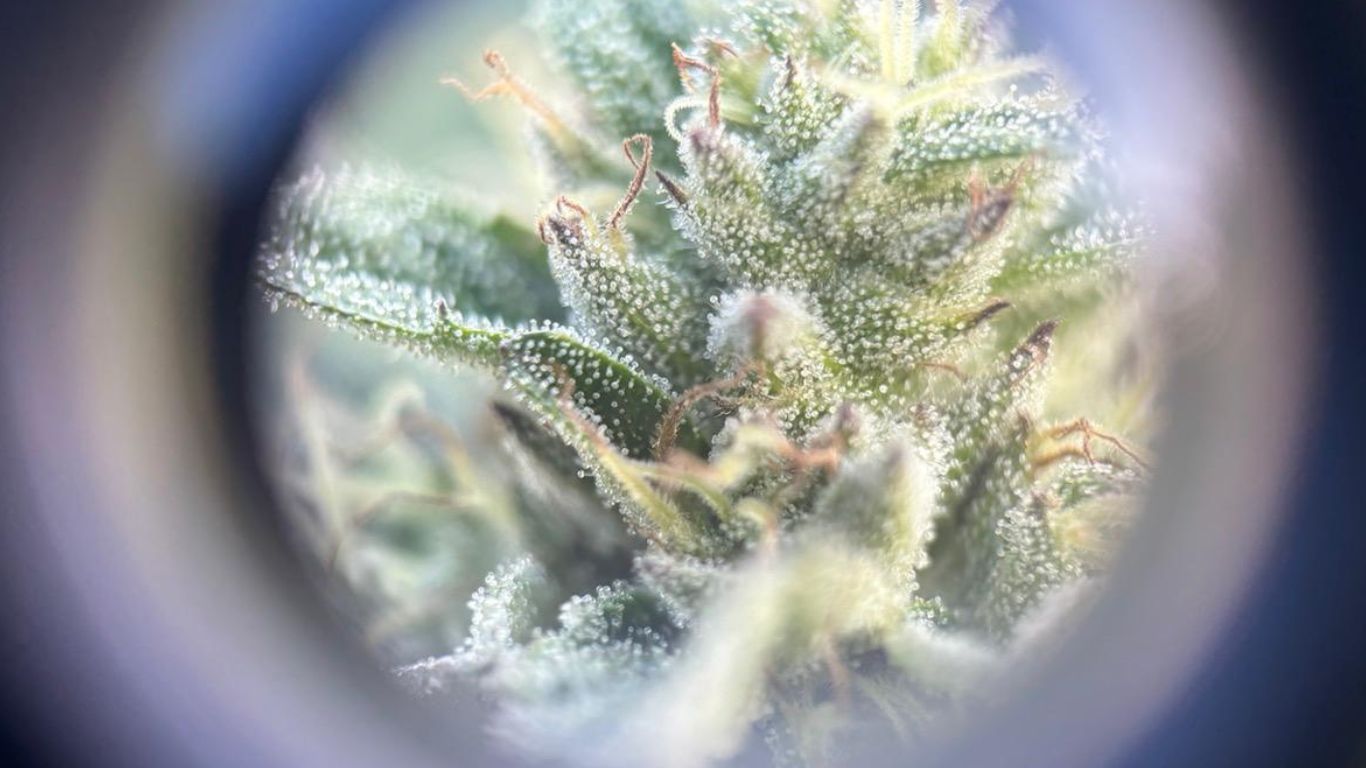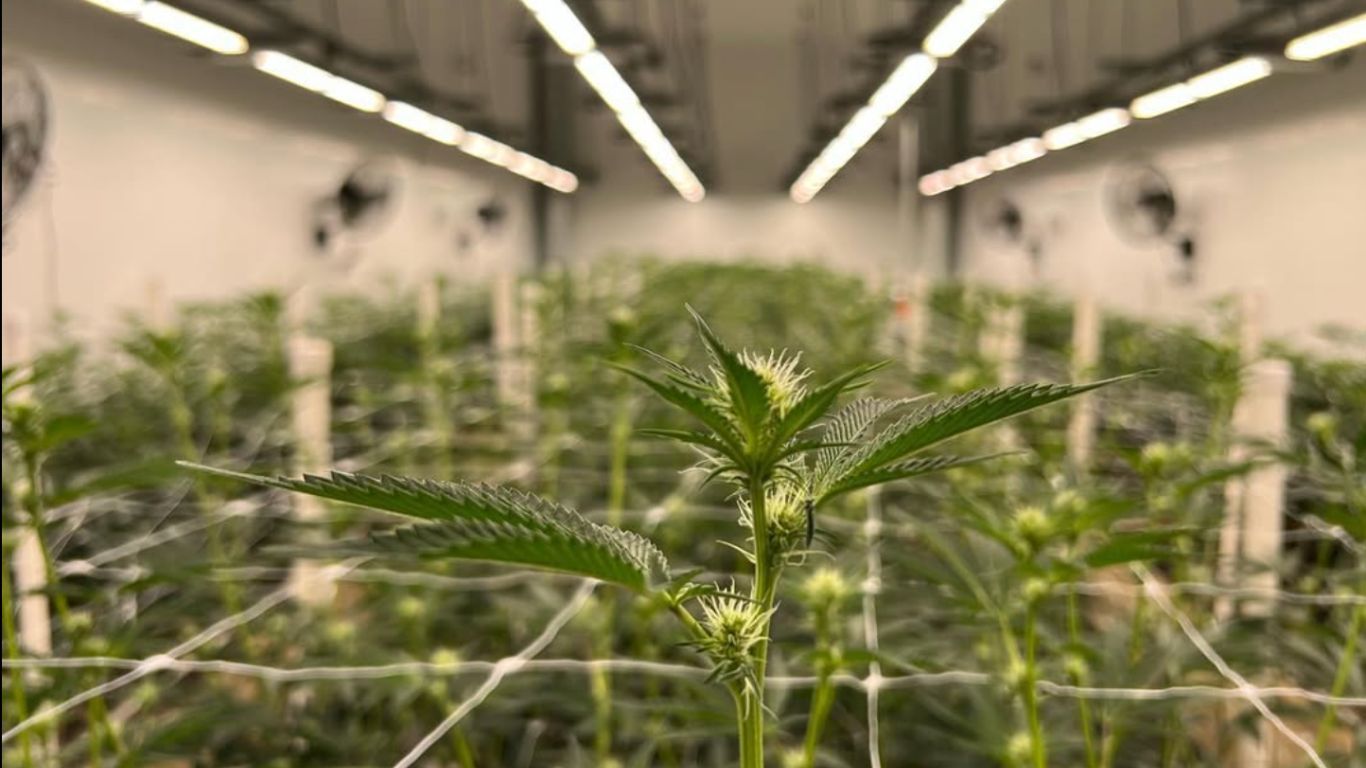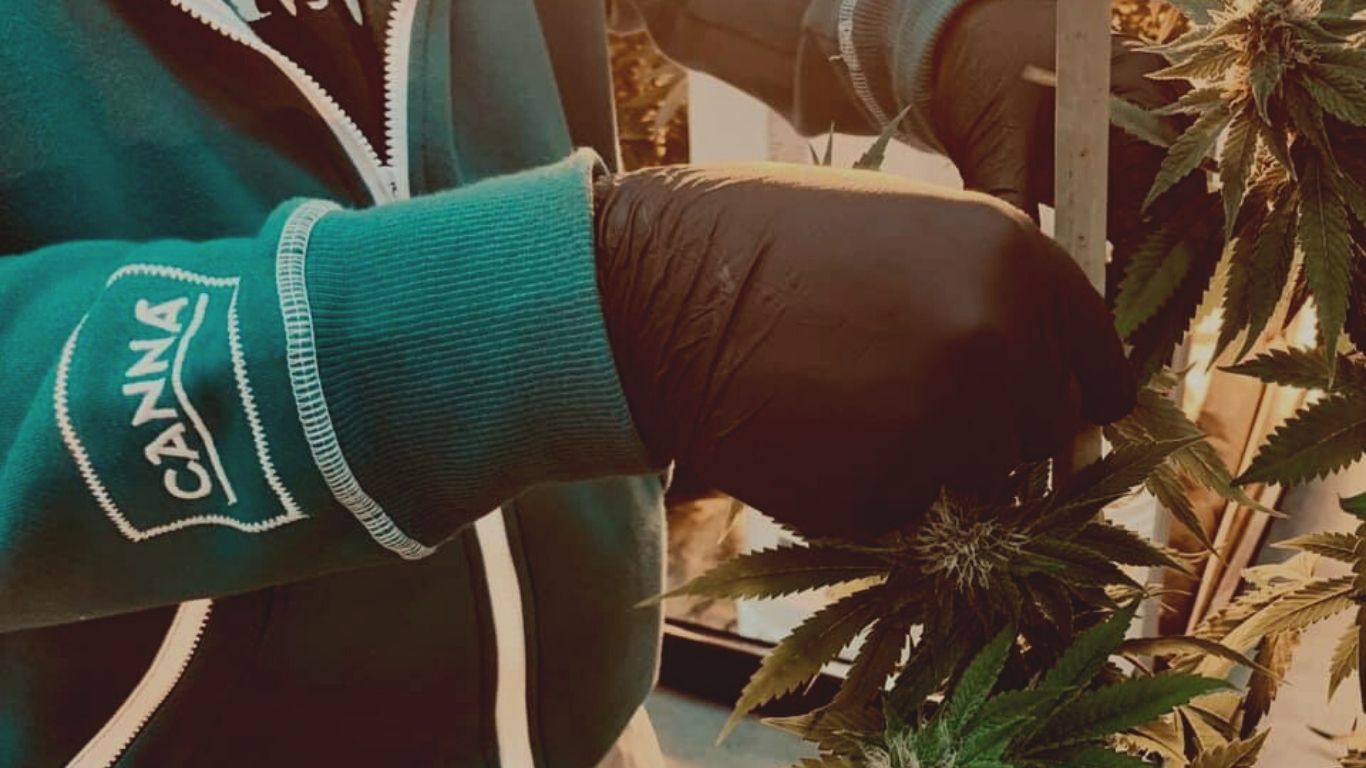
| COMPANY: | mindiCANNA Inc |
| LICENCE TYPE; | Micro cultivation |
| APPROACH: | Indoor, hydroponic, sea cans |
| TIMELINE: | ~4 months (December 2019 to April 2020) |
| COST: | $450,000 |
| FACILITY: | Retrofit, 1400ft2 |
MindiCANNA is one of the first two micro cultivators recently approved in Quebec. The company, who also operates a consulting service for cannabis applicants decided to take the plunge themselves and apply the lessons they have learned advising others to their own application.
Maxime Guérin, the company’s Director of Legals Affairs and Business Development, says they are excited to begin the new stage of being a licence holder and starting to focus on growing quality, small batch cannabis after helping many others navigate the licensing process.
Retrofitted industrial space
Their facility, a retrofitted industrial space utilizing several converted Sea Cans as grow rooms, cost them about $450,000 to retrofit and outfit, says Guérin, and currently holds about 1,400ft2 of flowering space, and another 400ft2 or so for vegging plants, mothers, and clones. The facility will run with a team of about three to four people full time, with another four or five to help with harvest and trim once they reach that stage.
Micro licence is very attractive
Their micro cultivation licence will allow them to focus on quality products, while keeping production costs low, he says.
“When you take a look at all the licences you can get, the micro licence is very attractive because you can focus on production, make it low cost, and do something that is more craft quality. “
“We do believe the focus needs to be low cost to build out your building, renovations and everything so that your cost of production will be very low.”
Niche craft product to the Quebec market
As one of the first micro cultivators in Quebec, Guérin says they are excited to try and bring this more niche craft product to market, and that their discussions with the province indicate Quebec is ready for those kinds of products as well.
We know for sure that there is an interest from the province in craft products grown in Quebec.
Currently, though, they want to focus on getting starting material into their facility and growing out their first crop, as well as finding a processor to partner with who understands the Quebec market.
“We know for sure that there is an interest from the province in craft products grown in Quebec. The one thing right now is that we don’t have our processing licence, so we’ll need to go through another LP and we need to make sure that the LP we partner with understands the needs of the Quebec market. So far our discussions have been very interesting, and we do believe that we will achieve a partnership with an LP who has that in mind.”
He also emphasizes that this is just the next step in what will be a long process.
We want to take safe steps in that market and we want to focus on cultivation first.”
Focus on cultivation
“First things first. We’re going to focus on cultivation at the moment. We want to take time, look at what’s coming on, so that we can get the best products out there and can prepare for market needs. I think everybody, at the moment, needs to take a step back and take a look at the market because there are a lot of changes that will come with COVID, and considering the economic crises that will follow. We want to take safe steps in that market and we want to focus on cultivation first.”
“It’s been quite a journey and we’re very conscious that this is just another journey to begin. We still have to get it to production, to pass all the tests, make sure that we can sell our products, but it’s a big relief to get to that point so that we can get in the game with the other players and say that we are fully in this industry.”
Consultants who understand the process can help
Despite these new beginnings, Guérin and the rest of the team at mindiCANNA approached the process in a very unique way, since they have experience consulting other applicants. This experience, he says, helped them to understand how to put the best application together in a fairly short amount of time, with about 5 months passing from their evidence packaging submission to their cultivation licence being issued.
We have a good understanding of the philosophy behind getting licensed from working with other licensed producers and learning from what they did, it’s given us a good understanding of Health Canada’s process.
Although some do it themselves, and some consultants may give the industry a bad name, Guérin says working with a consulting agency who understands the process can absolutely help.
“We do believe that getting with professionals like us who understand the process and understand how Health Canada sees things, we really do believe it eases the process. But you do have to find the right people. There are a lot of consultants in the market without any legal training and sometimes we see and hear of, or receive documents from people with no legal knowledge. We do realize that sometimes people are paying too much for something that doesn’t help them get licensed.”
“We have a good understanding of the philosophy behind getting licensed from working with other licensed producers and learning from what they did, it’s given us a good understanding of Health Canada’s process.”
“There are no surprises, you just need to be patient. And of course if your papers are in order and are good – if you send out documents that you need to modify three or four times it’s’ going to be, of course, longer than if you do it one shot one kill, and that’s what we did.”
Opportunity in the Canadian cannabis market
Although he’s cautious to emphasize they still have a long way to go, Guérin does see a lot of opportunity for the cannabis market in Canada as the industry matures as more producers like mindiCANN are able to supply the market with more niche, small batch, craft cannabis.
“I think the consumer will be done with buying ditch weed that comes from bigger facilities when they will have access to more quality bud and something that is of better quality and has that sense of craft. I think that’s the future of cannabis in Canada.”
Carl Richard, the company’s master grower, who has been growing cannabis under first the MMAR and then ACMPR since the early 2000s, says he’s excited to begin to bring a higher quality product to the market to help bring in the more ‘connoisseur’ market who still buys primarily from the black market.
I think the consumer will be done with buying ditch weed that comes from bigger facilities when they will have access to more quality bud and something that is of better quality and has that sense of craft. I think that’s the future of cannabis in Canada.
Richard compares the transition to a fully regulated commercial system as going from playing street hockey to playing in the NHL. He says the quality of the product on the shelves is what will help bring the connoisseur over from the black market to the legal market.
As Richard says, in the end “Le plus important, c’est la plante!” (“The most important thing is the plant!”)

